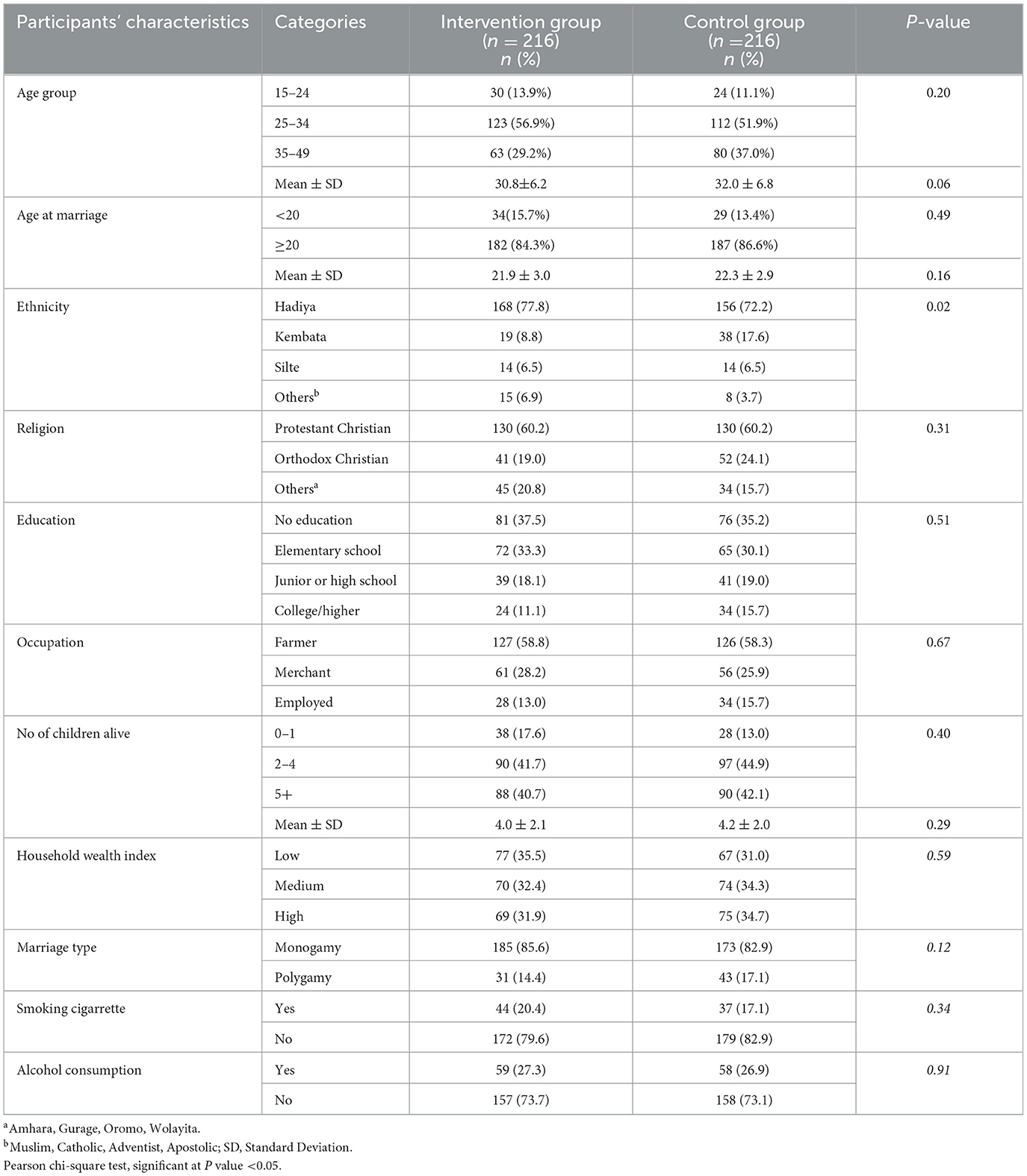
We are currently awaiting the sentencing in the Sean (P. Diddy) Combs trial. Observers reading about the case may have a range of thoughts. Thoughts about the way power can corrupt behavior. Thoughts about how men can exploit women through violence and sex. Some may experience schadenfreude. Others might feel prurient interest. Personally, I reflect on HIV preexposure prophylaxis (PrEP).
That’s right, PrEP. When I hear testimonies regarding multiple partners and escorts, I think about the health of all individuals involved. This piece does not speculate on the health of Mr. Combs or his partners. I sincerely hope they are in good health and that they may have been using PrEP. The personal health of Mr. Combs and his partners is not my concern. However, as an expert in HIV care and a medical educator, I cannot overlook this opportunity to teach, especially when an event highlights what we want students to understand.
What is PrEP? PrEP is a medication that can be taken as a daily pill or an injection every two months that helps prevent HIV infection in individuals at risk. The lowest-priced PrEP is around $45 a month, and most insurance plans cover it. It is readily accessible through primary care physicians, student health centers, federally qualified health centers, and Planned Parenthood (thank goodness for them). We (still) do not have a vaccine to prevent HIV infection, and the current administration undermines prospects for a future vaccine by cutting research funding and eroding public trust in vaccines. Thankfully, there are medical options beyond condoms that successfully prevent HIV transmission. For example, the Food and Drug Administration has recently approved a PrEP injection that offers six months of protection against HIV in high-risk individuals engaging in sexual activity (expecting a U.S. list price of $28,218 annually).
That being said, it would be useful to discuss why the testimonies in this trial underscore the importance of PrEP. New HIV infections occur daily in the United States. While men who have sex with men remain the highest risk group, heterosexual women accounted for 15 percent of new cases in 2022, according to the Centers for Disease Control and Prevention (CDC). Yet fewer than 10 percent of PrEP users are cisgender women. HIV disproportionately impacts African Americans, who make up less than 14 percent of the U.S. population but represent around 39 percent of new HIV infections. Only around 14 percent of PrEP users are African American, indicating a significant unmet need.
There are commercial PrEP advertisements on television, and these messages will likely increase with the FDA’s approval of the PrEP injection, but it remains uncertain whether the message reaches those who truly need it. The CDC estimates that about 1.2 million individuals in the U.S. could benefit from PrEP. As of 2022, around 36 percent of this eligible group received prescriptions for PrEP. Promoting PrEP cannot rely solely on pharmaceutical companies. The medical community and government must adopt harm reduction principles. However, the president’s proposal to eliminate the CDC’s HIV prevention program hinders that initiative. For instance, the current House of Representatives proposal for the One Big Beautiful Bill cuts future funding for the AIDS Education and Training Centers under the Ryan White Care Act. The HIV Medicine Association reports that preventing a single HIV infection saves over $500,000 in lifetime healthcare expenses. Based on this information, I suspect these budget cuts are driven more by politics than by genuine cost-cutting intentions.
I applaud the courage of the women testifying in the Combs trial. Ironically, news reports provide explicit details about the sexual behaviors of celebrities, while medical professionals often feel uncomfortable discussing sex with their patients. Stigma surrounds transactional sex (sex exchanged for money, drugs, or housing). These societal norms create barriers preventing patients from discussing their potential HIV risks and the necessity for PrEP with healthcare providers. Regardless of the trial’s verdict, I hope the media coverage of this case inspires anyone at risk for HIV, irrespective of gender or race/ethnicity, to speak candidly in their doctor’s office to obtain the preventive care they need. I also hope our government is not so myopic as to continue cutting funding for HIV prevention and education. Such reductions would undermine the progress made in managing HIV infection in the United States.
*Dr. Catherine Diamond is an infectious disease physician.*